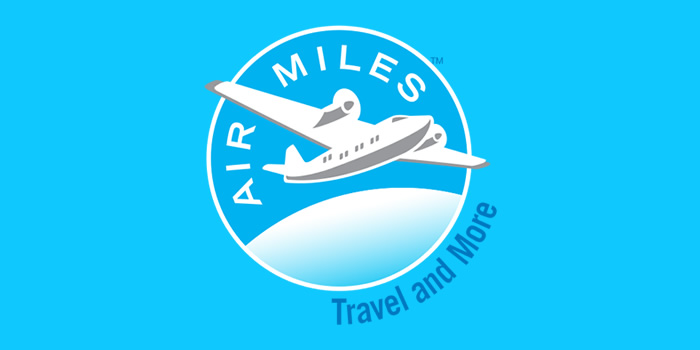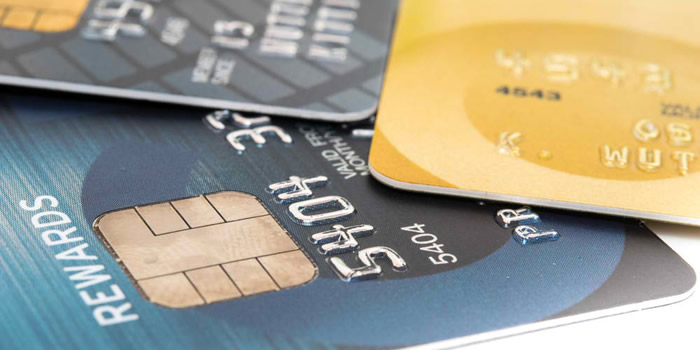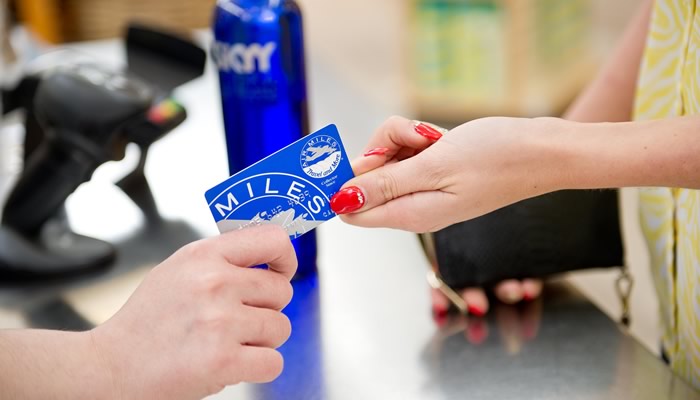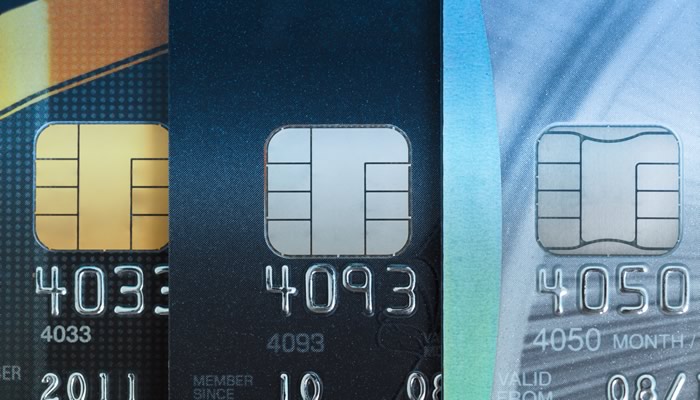How to Plan Ahead With Your Credit Card When Travelling Internationally
Posted September 15, 2018 in Credit Card Tips
In a couple weeks I’ll be taking my first international trip (my first trip outside Canada and the U.S. that is). I’m going to Iceland, London and Paris. I’m very much looking forward to this trip. I’ve been literally counting down the days. That being said, it hasn’t been all fun and games. There’s been a lot of planning involved.
While planning my family’s itinerary on the trip has been fun, getting 4 people to agree on places to visit and things to do isn’t always fun. Let’s just say there’s been a lot of compromise.
One thing that’s easy to overlook and leave until the last minute when travelling is your credit card. I know what you’re thinking. It’s the year 2018. How much planning is there involved with your credit card when you travel? More than you think.
Here are some things I’ve done to prepare with my credit card.
Notify Your Credit Card Company
Before travelling, make sure you notify your credit card company. You may think this one is obvious, but you’d be surprised how many people forget. I once forgot and almost got my credit card frozen when travelling to San Francisco (not a fun experience).
You want to give your credit card company the heads up you’re travelling, so they’ll know any charges from your travel destinations aren’t fraudulent. (Also, bring a backup credit card in case your main one is frozen.) With most credit cards you can do this online, but I always like to speak with someone on the phone. That way you can ask them about our next topic.
Find Out About Foreign Exchange Fees
Before travelling, you’ll want to find out about foreign exchange fees. Those are the pesky (but often overlooked) fees you’ll pay when making purchases in a foreign currency. If you have more than one credit card, find out which credit card has the lowest foreign exchange fees (the fees often vary between credit cards, although 2.5% is standard with most credit cards).
If you only travel internationally once in a blue moon, it’s probably not a big deal. But if you regularly travel internationally (to the U.S. and other countries) for business and pleasure, it’s probably worthwhile to sign up for a credit card with low or no foreign exchange fees.
Also, be careful when you’re paying for something. You may be asked if you want to pay in the local or your home currency (Canadian dollars). Be sure to choose the local currency, otherwise the retailer can charge you whatever (excessive) exchange fee they want if you choose Canadian dollars.
Make Sure Credit Cards are Accepted
Don’t just assume credit cards are accepted wherever you’re travelling. If you’re visiting London or Paris, you’re probably pretty safe assuming you’ll get by fine with a credit card, but it’s still a good idea to bring some pocket change in case you’re in a retailer who doesn’t accept credit cards for whatever reason (maybe they’re trying to save on interchange fees).
If you’re travelling to somewhere that’s less developed like Africa or India, I’d definitely make sure to bring enough money to get by. If you’re spending some time in a small town, there’s a fair chance that credit cards won’t be accepted.
The Bottom Line
Credit cards offer a lot of benefits when travelling. You get the same consumer protections and safety as home (you don’t have to worry about being robbed carrying around a lot of cash). Just remember to plan ahead with your credit card to help ensure your trip is a pleasant one. Safe travels!





